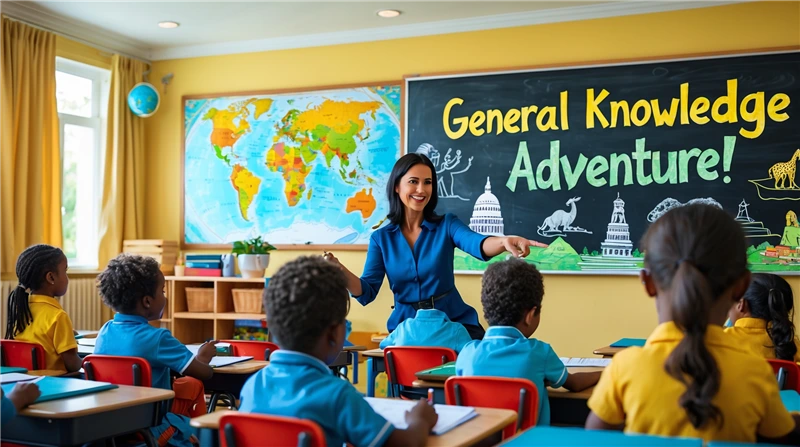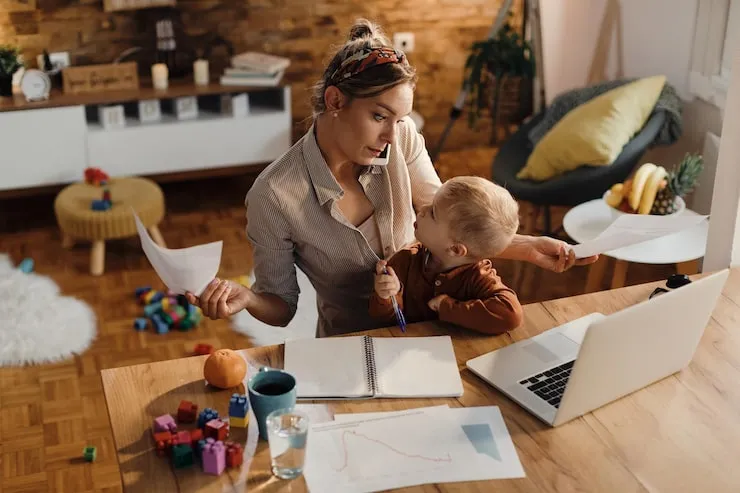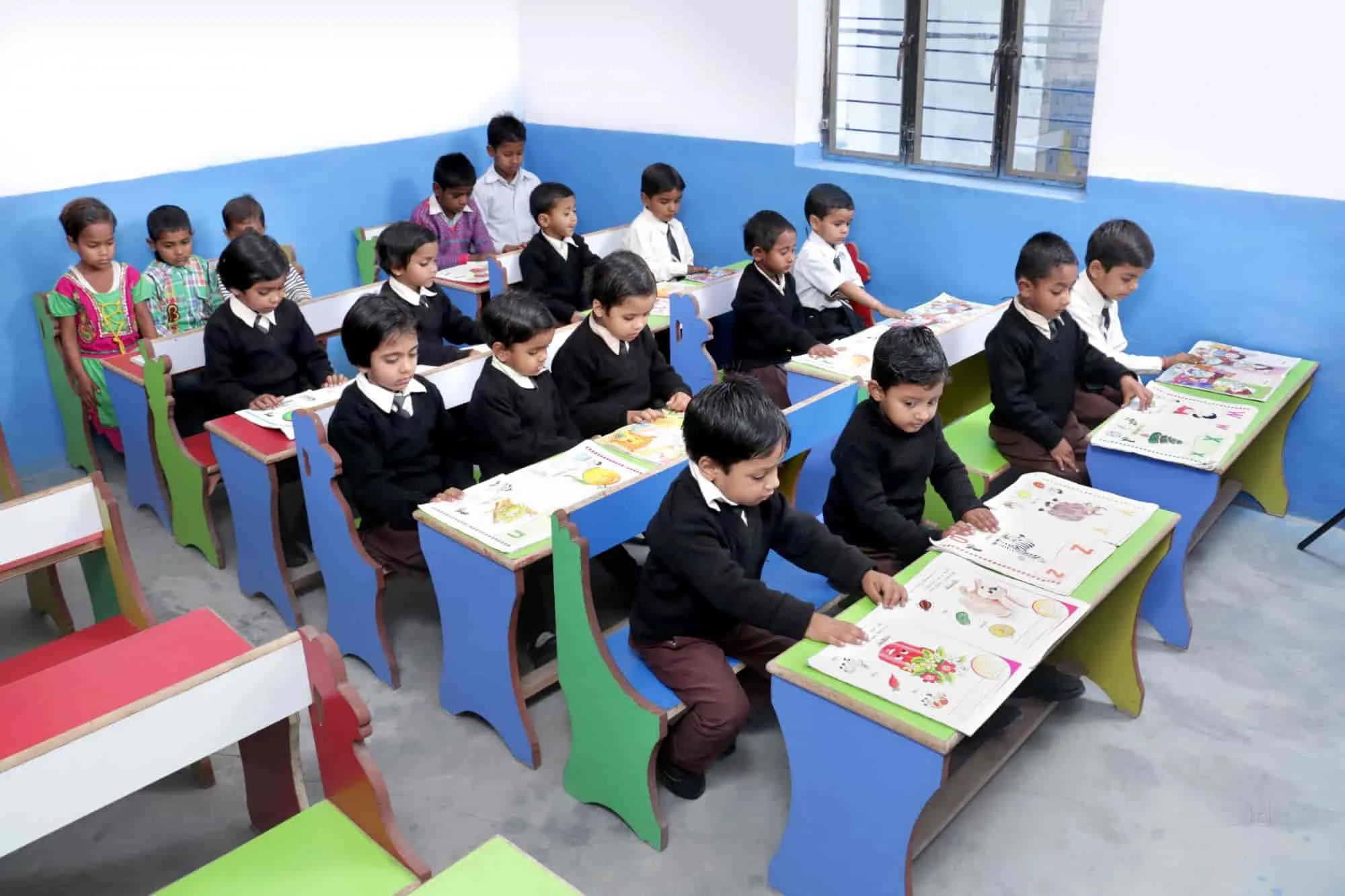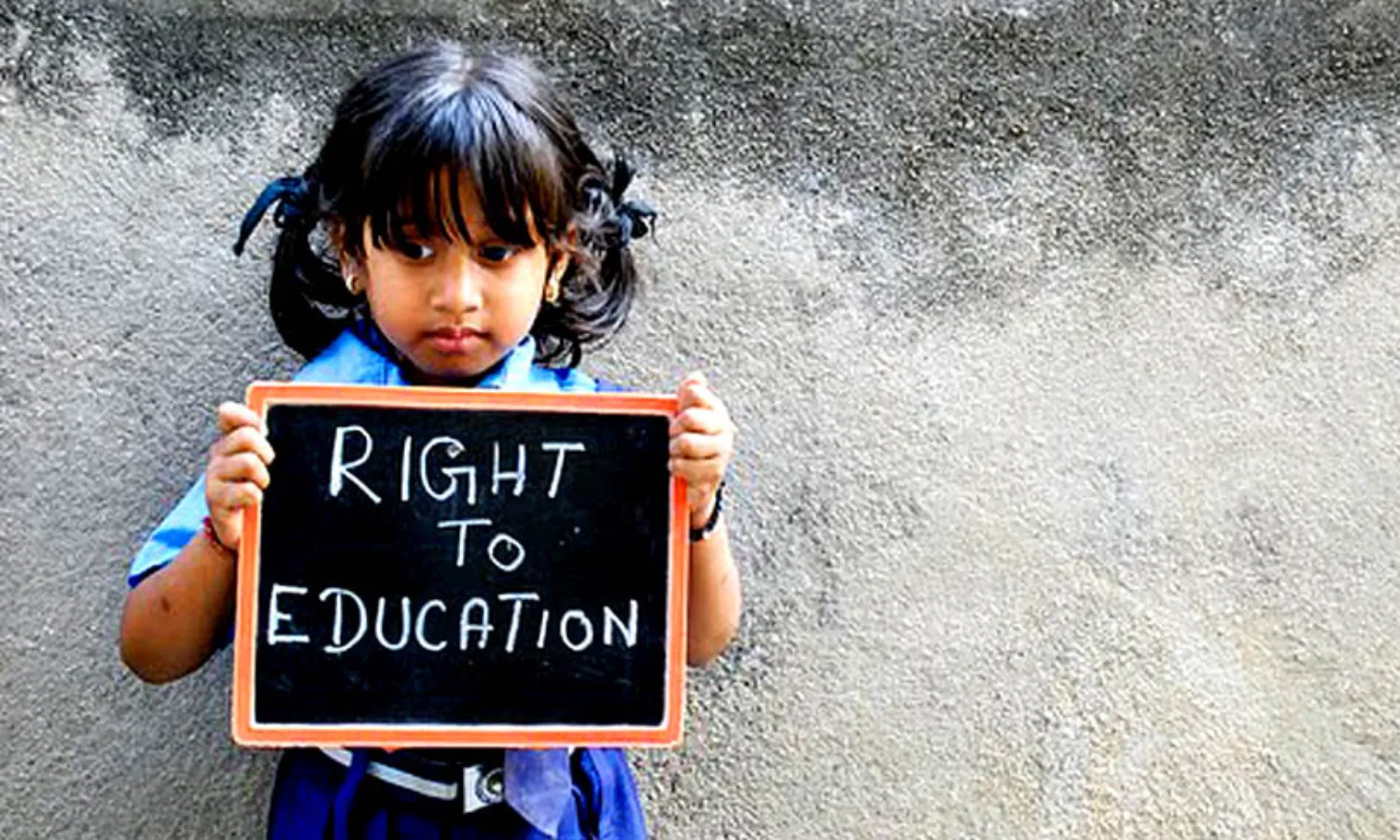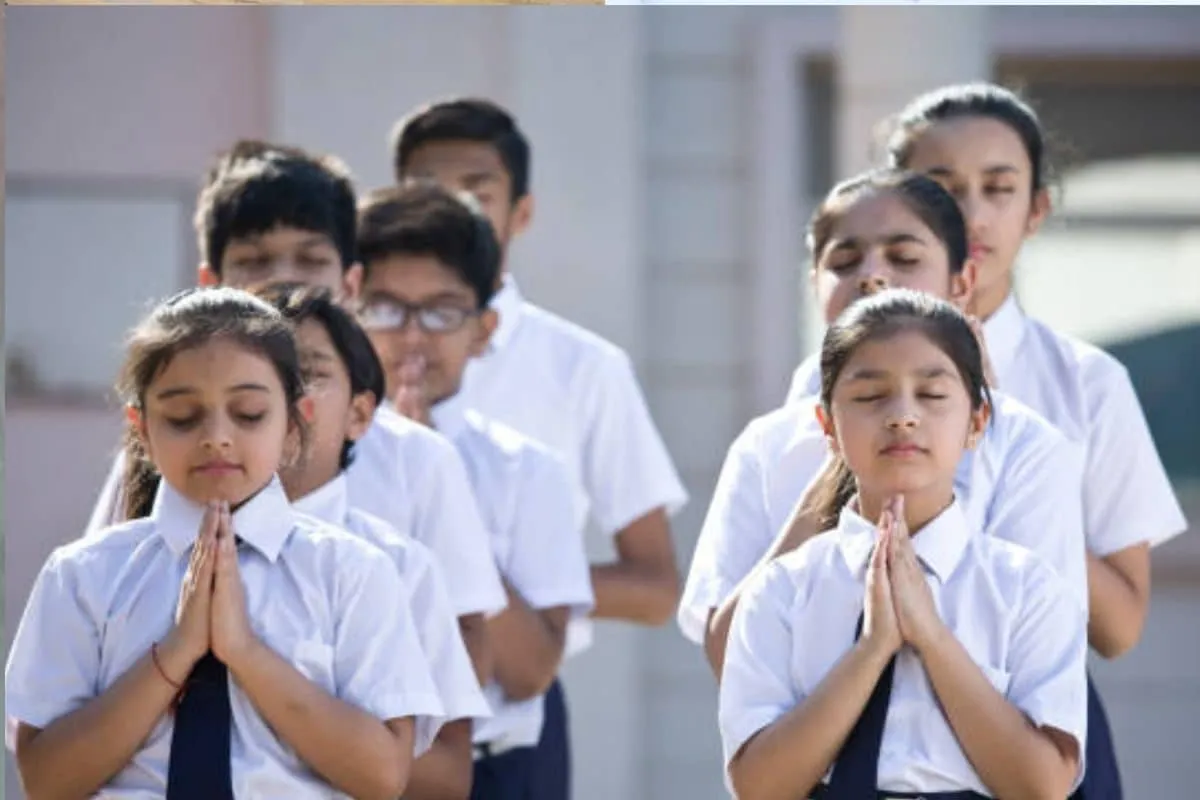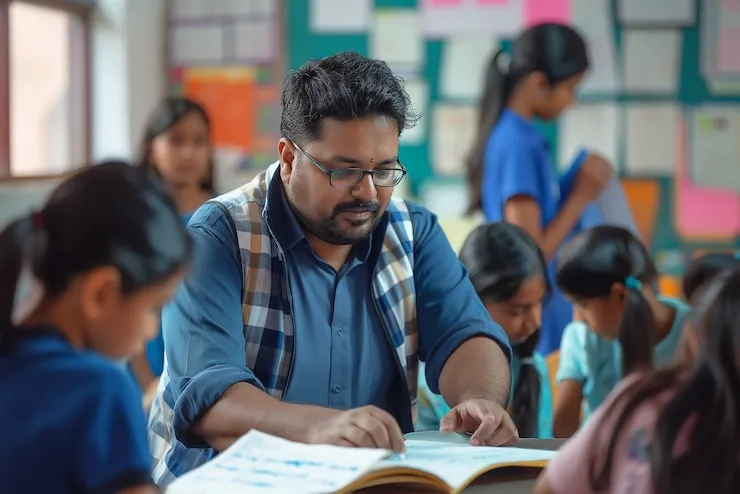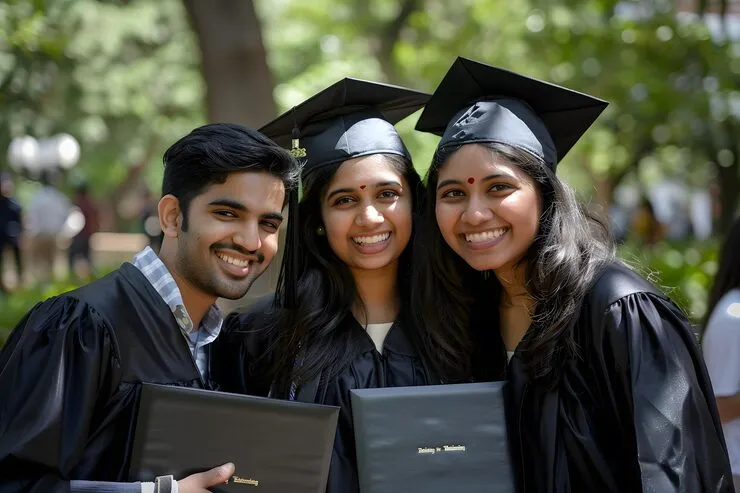As a parent of three curious kids, I've spent countless evenings answering questions about everything from why the sky is blue to how planes stay in the air. Teaching general knowledge to children isn't just about preparing them for trivia contests—it's about helping them understand the world around them and sparking their natural curiosity. When my oldest daughter asked me why leaves change color in autumn, I realized that these everyday questions are golden opportunities to build knowledge that lasts a lifetime. That's when I began my journey to intentionally enhance my children's general knowledge.
How To Teach General Knowledge To Kids Through Everyday Activities
General knowledge doesn't have to come from textbooks or formal lessons. Some of our best learning moments happen during regular daily activities.
Last weekend, while making pancakes with my 7-year-old son, we talked about how baking is actually chemistry. When we add baking powder to our mixture, it creates bubbles that make the pancakes fluffy. His eyes lit up when he understood that science happens right in our kitchen!
Here are some simple ways to incorporate learning into everyday routines:
- Point out interesting natural phenomena during walks, like cloud formations or insect behavior
- Discuss how appliances work while using them
- Talk about geographic origins of foods at mealtime
- Share fun facts about animals when you see them at parks or in books
- Explore simple scientific concepts through cooking and household tasks
These casual conversations make learning feel natural instead of forced, which is exactly how kids learn best.
Why Building General Knowledge Matters For Your Child's Future
When I help my kids learn about the world, I'm not just filling their heads with facts—I'm building a foundation that will support them throughout their education and beyond.
Research shows that children with strong general knowledge:
- Have better reading comprehension skills
- Find it easier to learn new information
- Develop stronger critical thinking abilities
- Show more confidence in classroom discussions
- Perform better on standardized tests
I noticed this firsthand when my middle child started connecting dots between different subjects at school. The dinosaur facts we explored at home helped her understand concepts in science class, while our map games made geography lessons more meaningful.
General knowledge gives children mental "hooks" to hang new information on, making all learning easier and more connected.
How To Teach General Knowledge To Kids Using Storytelling
Stories have always been my secret weapon for teaching my kids important information in a way that sticks. Children remember narratives much better than plain facts.
When teaching my youngest about different countries, I don't just show her where France is on a map. Instead, I tell her about the little girl named Sophie who lives in Paris and takes a boat ride on the Seine River past the Eiffel Tower. Suddenly, France becomes real and memorable.
Try these storytelling approaches:
- Create simple stories featuring historical figures
- Read picture books about different cultures and places
- Make up adventures that incorporate scientific facts
- Share family stories that connect to historical events
- Use puppets or toys to act out educational scenarios
The emotional connection created through stories helps cement knowledge in a child's memory far better than memorization ever could.
10 Easy General Knowledge Questions and Answers to Start With
Sometimes getting started is the hardest part. Here are ten simple questions (with answers) that sparked great conversations with my kids:
- Why does the moon change shape? (The moon doesn't actually change shape—we just see different amounts of the lit part as it orbits Earth)
- Why do we have seasons? (Earth is tilted on its axis, so different parts get more direct sunlight at different times of the year)
- Why is the sky blue? (Sunlight contains all colors, but blue light scatters more in our atmosphere)
- How do plants make food? (Through photosynthesis, using sunlight, water, and carbon dioxide)
- Why do birds migrate? (To find food and suitable breeding grounds as seasons change)
- How does a refrigerator keep food cold? (By removing heat from inside and releasing it outside)
- Who invented the light bulb? (Thomas Edison developed the first practical electric light bulb)
- Why do we need to sleep? (Our bodies and brains need time to rest, repair, and process information)
- How does rain form? (Water evaporates, forms clouds, and falls when droplets get heavy enough)
- Why do we have day and night? (Earth rotates on its axis, so parts face toward or away from the sun)
Each of these questions can lead to wonderful conversations that branch into other topics. My children's follow-up questions often lead us to even more interesting discussions!
How To Teach General Knowledge To Kids In English Through Conversation
English learning and general knowledge acquisition can happen simultaneously through thoughtful conversation. This approach has been especially helpful for my nephew who is learning English as a second language.
My sister-in-law uses simple but effective techniques:
- Introduce one new vocabulary word with each new concept
- Use visual aids when discussing complex ideas
- Ask open-ended questions that encourage longer responses
- Create word association games related to different topics
- Practice describing objects and situations in detail
These conversations don't need to be long—even 5-10 minutes of focused discussion can make a difference. The key is consistency and creating a positive environment where mistakes are welcomed as part of learning.
Creating a Knowledge-Rich Home Environment
Our home environment sends powerful messages about what we value. I've found that making small changes to our living space has had a big impact on my children's interest in learning.
Here's what works in our house:
- Keep interesting books visible and accessible
- Display maps and globes where children can explore them
- Post fun facts on the refrigerator and change them weekly
- Create a question board where kids can write things they wonder about
- Make educational games as accessible as toys
- Have field guides available for identifying plants, animals, and stars
One of our family's favorite additions was a simple "Wonder Wall" where we post questions and add answers as we discover them. It shows my kids that learning is an ongoing adventure that we value.
How To Teach General Knowledge To Kids At Home Without Overwhelming Them
When I first started focusing on building my children's knowledge, I made the classic mistake of trying to teach too much at once. I quickly learned that information overload leads to frustration, not learning.
Now I follow these principles:
- Focus on one topic at a time for at least a week
- Connect new information to things they already know
- Allow for plenty of hands-on experiences related to each topic
- Respect their attention spans and keep sessions short
- Pay attention to their natural interests and expand from there
- Celebrate curiosity over correctness
For example, when my daughter became interested in butterflies after seeing one in our garden, we spent two weeks learning about their life cycle, reading books about butterflies, watching videos, and eventually raising our own caterpillars. This deep dive approach created lasting knowledge because it was driven by her interest and explored at a manageable pace.
Tech Tools and Resources That Make Learning Fun
As much as I value traditional learning methods, I can't deny that well-chosen technology has been incredibly helpful in our general knowledge journey.
Some digital resources that have worked well for us include:
- Educational apps that focus on specific knowledge areas
- Virtual museum tours that we can explore together
- Age-appropriate documentaries that spark questions
- Interactive maps that make geography engaging
- Video calls with family members in different countries who share local knowledge
One rainy afternoon, we took a virtual tour of the Smithsonian Natural History Museum. My son was so fascinated by the dinosaur exhibits that we spent the next month learning everything we could about paleontology. Technology provided the spark, but our follow-up conversations and activities cemented the learning.
Turning Family Outings Into Knowledge-Building Adventures
Some of our most memorable learning experiences happen outside our home. I've learned to approach family outings with an educational mindset without making them feel like school field trips.
Before visiting new places, we:
- Research interesting facts about the location
- Prepare a few questions to investigate while there
- Bring a small notebook for recording discoveries
- Plan to collect souvenirs that have educational value
- Discuss what we might learn before we go
After a trip to the beach last summer, my kids could identify several seashells, explain tides, and understand basic beach safety. They learned all this while having fun collecting shells and playing in the water—they didn't even realize how much they were learning!
Encouraging Questions: The Foundation of Knowledge Building
If there's one strategy that's been most successful in my home, it's creating an environment where questions are always welcomed and celebrated. When my son asked why airplanes don't fall from the sky (while we were on one!), I could have given a quick answer to calm his nerves. Instead, I used it as an opportunity to explain basic principles of lift and air pressure. Now he watches planes with newfound appreciation for the science that keeps them aloft.
To encourage questioning:
- Never dismiss a question as silly or unimportant
- If you don't know an answer, say "Let's find out together"
- Ask follow-up questions to deepen their thinking
- Notice what types of questions each child asks most often
- Make "I wonder..." a family phrase that's used regularly
Questions reveal what children are ready to learn. By paying attention to their questions, you can provide information when their minds are most receptive to it.
How To Teach General Knowledge To Kids Using Games and Activities
Learning through play isn't just enjoyable—it's also incredibly effective. Games create emotional connections to information that make it stick in children's memories.
Games we love include:
- "I Spy" with educational twists (I spy something that starts with the letter A and lives in Africa)
- Scavenger hunts with knowledge-based clues
- Memory matching games with historical figures, countries, or animals
- "Twenty Questions" focused on specific categories
- DIY board games about topics we're exploring
- Card games that require categorization or identification
My children still remember the animal facts they learned through a simple matching game we played three years ago. The competitive element and positive emotions associated with the game made the information memorable in a way that studying never could.
Connecting General Knowledge to School Success
As a parent who volunteers in my children's classrooms, I've seen firsthand how general knowledge supports academic success. Children who come to school with rich background knowledge have an easier time with reading comprehension, writing, and critical thinking. When my daughter's class was studying ancient Egypt, she already knew about hieroglyphics from our home explorations. This prior knowledge gave her confidence and allowed her to focus on new information instead of struggling with basics.
To support school learning:
- Ask teachers about upcoming curriculum topics
- Build background knowledge before units begin
- Connect homework to real-world applications
- Use school topics as springboards for deeper home exploration
- Share your child's interests with teachers so they can make connections too
This home-school connection creates a powerful learning loop that benefits children academically while making learning more meaningful.
Measuring Progress Without Creating Pressure
While building knowledge is important, I never want learning to feel like a chore for my kids. Finding ways to track progress without creating stress has been crucial.
Gentle assessment approaches include:
- Notice when they use new vocabulary in conversation
- Listen for them explaining concepts to others
- Watch for them making connections between different topics
- Create casual "what we learned" discussions at dinner
- Keep a family learning journal with new discoveries
When my son spontaneously explained photosynthesis to his grandmother while helping in her garden, I knew that our learning activities were working. His ability to teach the concept showed true understanding—no quiz required.
Adapting Knowledge-Building for Different Learning Styles
My three children approach learning very differently. My oldest needs to read about concepts, my middle child needs hands-on experiences, and my youngest learns best through music and movement. Recognizing these differences has helped me customize our general knowledge activities:
For visual learners:
- Use diagrams, charts, and images
- Watch educational videos
- Create mind maps of connected facts
For auditory learners:
- Listen to educational podcasts and audiobooks
- Set facts to music or rhythms
- Discuss concepts verbally
For kinesthetic learners:
- Use movement to act out processes
- Create hands-on models and experiments
- Take field trips for real-world experiences
By offering information in different formats, I've found that all my children can engage with the same topics in ways that work for their unique learning styles.
Building a Community of Young Learners
Knowledge acquisition doesn't have to be solitary. Some of our best learning experiences have happened when we've connected with other families who share our interests in exploration and discovery.
Ways we've created learning communities:
- Start a family science club that meets monthly
- Organize knowledge-themed playdates (nature exploration, simple experiments)
- Create a lending library of educational games and books with other families
- Plan group field trips to museums, historic sites, or nature centers
- Host "expert presentations" where children teach each other about their interests
When my daughter shared her butterfly knowledge with friends, their questions pushed her understanding even further. The social aspect of learning has been incredibly motivating for all my children.
Conclusion: Nurturing Lifelong Curiosity
Teaching general knowledge to children isn't really about filling their heads with facts—it's about nurturing their natural curiosity and showing them how fascinating our world is. The approaches I've shared aren't difficult or expensive, but they do require intention and consistency. By weaving learning into everyday life, celebrating questions, creating a knowledge-rich environment, and making learning playful, we give our children gifts that will serve them throughout their lives.
When I see my children's eyes light up with understanding or hear them enthusiastically explaining something they've learned to someone else, I know that our focus on general knowledge is helping them become the confident, curious thinkers I hope they'll always be. The journey of discovery we're on together isn't just building their knowledge—it's strengthening our bonds as a family and creating memories that will last a lifetime. And that might be the most valuable outcome of all.



